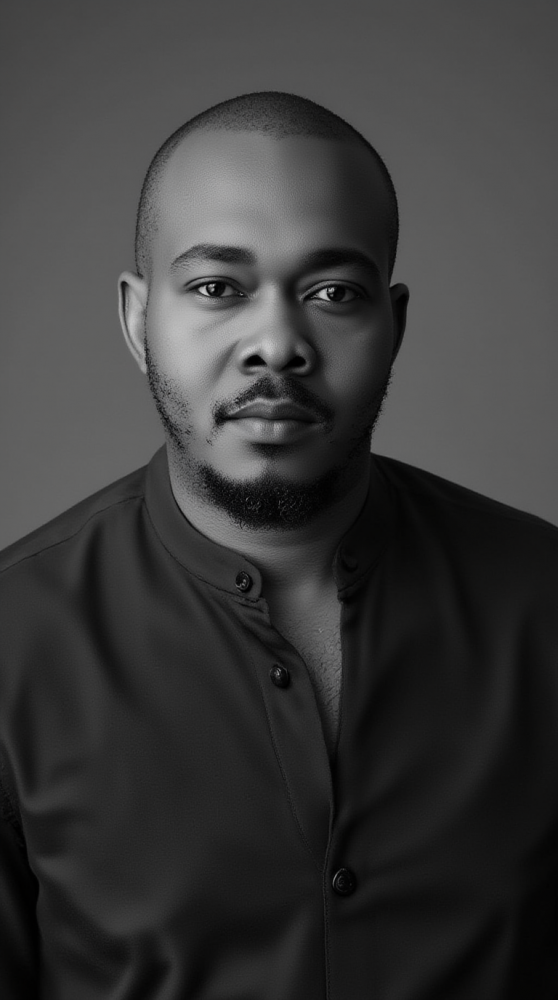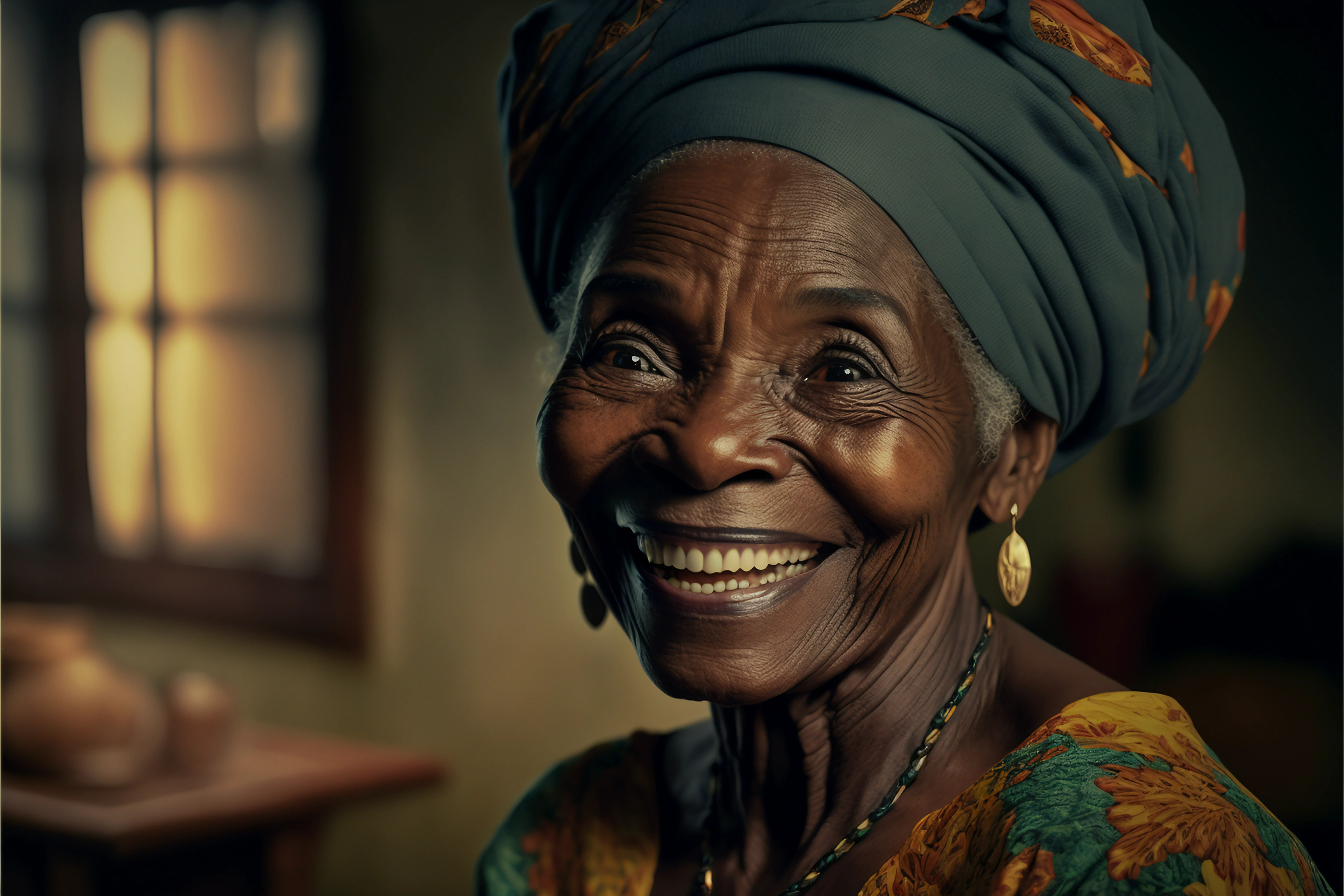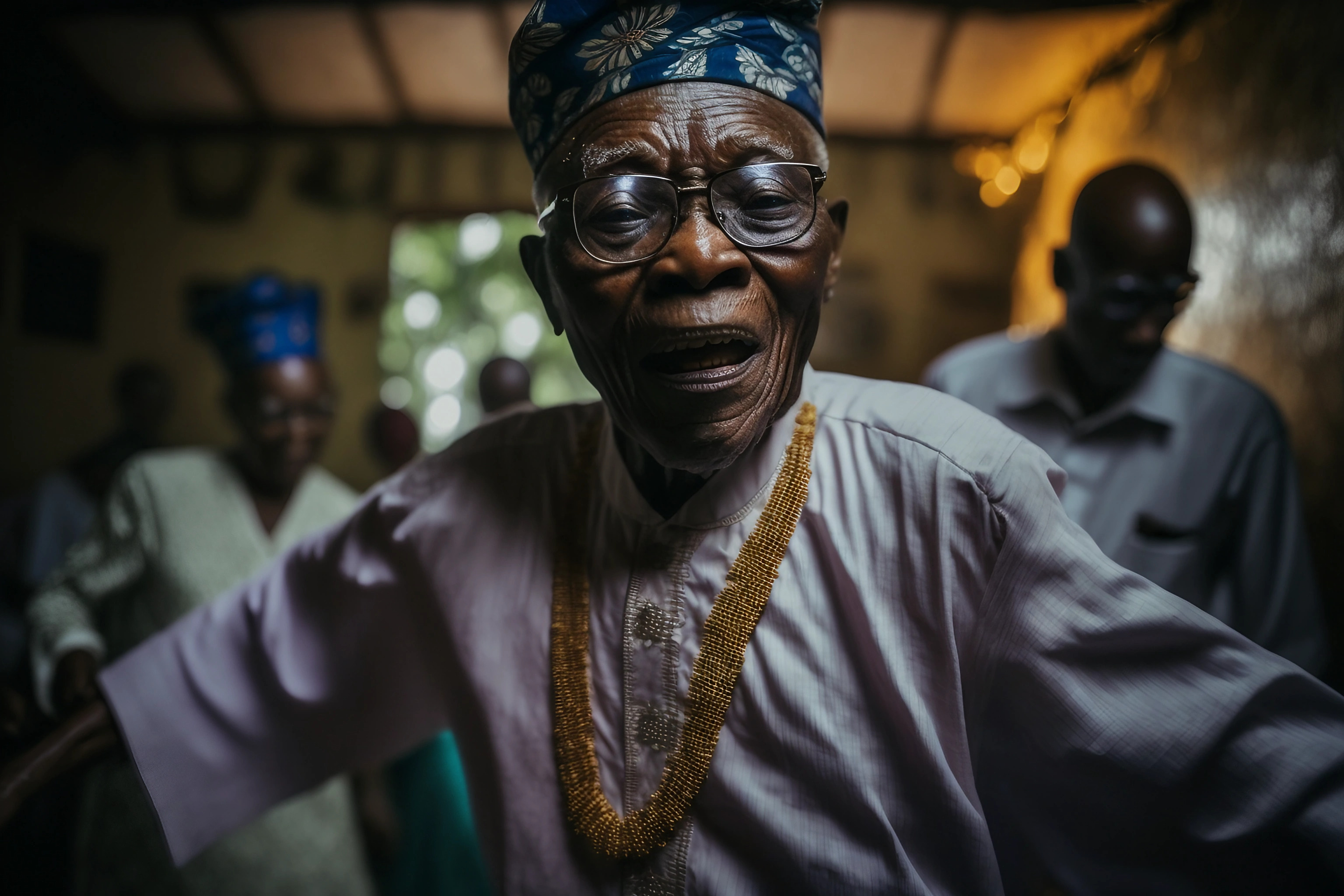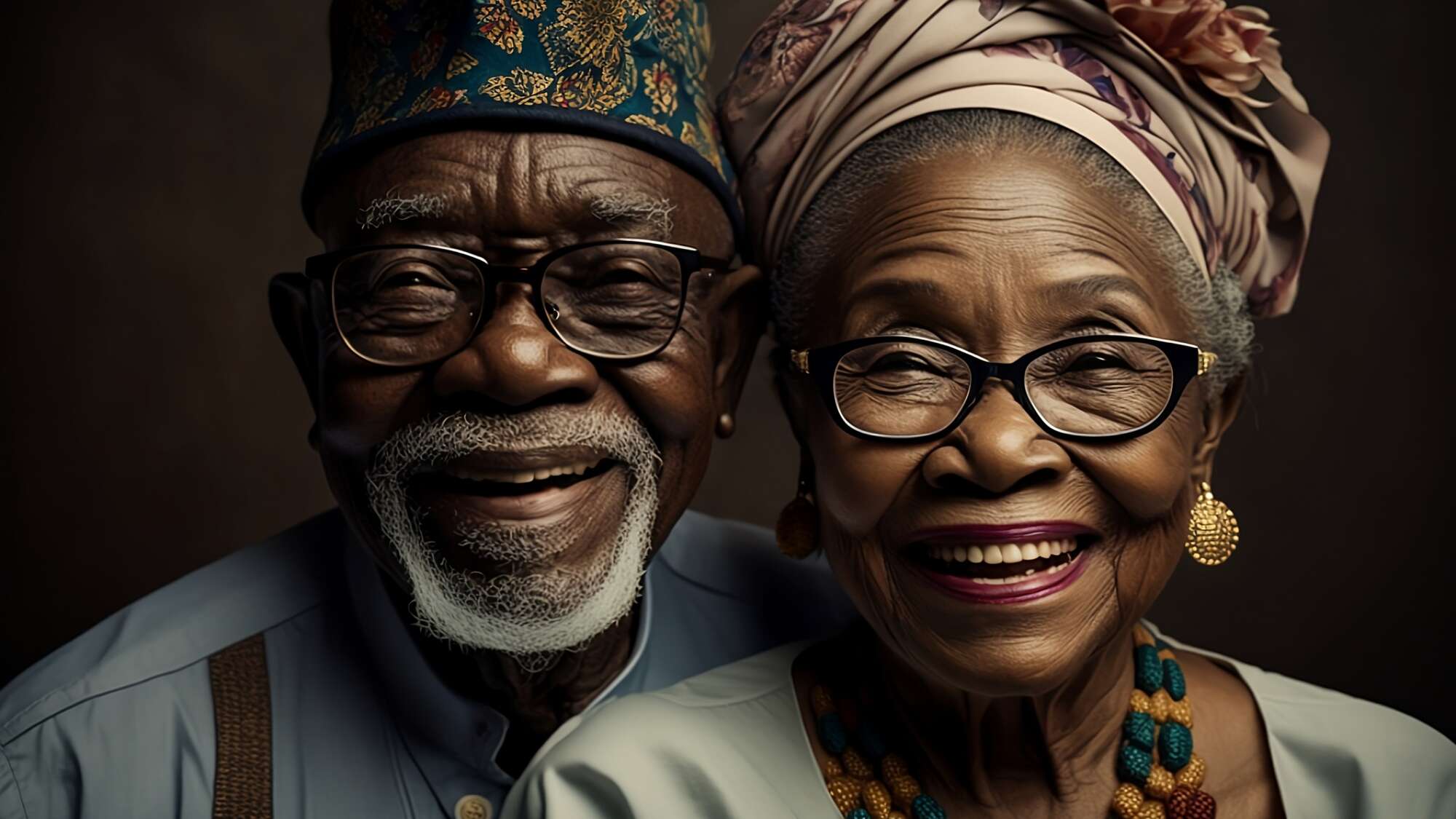Malik Afegbua, born in Nigeria, considers himself a filmmaker, a visual artist, and a creative technologist. Afegbua is globally recognized for his ground-breaking use of artificial intelligence in storytelling.

A business-school graduate from the University of Surrey, he turned his focus to the creative realm in 2011 after receiving a Canon camera. This gift was the beginning of his career in photography, filmmaking and virtual storytelling. Today, he is the CEO of Slickcity Media, a Lagos‑based studio producing commercials, documentaries, VR experiences, and AI‑driven art for clients like Meta, Marvel Studios, IBM, American Express, and Cadbury.
His breakout project, The Elder Series, also known as “Fashion Show for Seniors”, emerged in early 2023 when he used technology to depict elegantly dressed older adults walking a runway – imagining aging as stylish, powerful, and full of color. This collection went viral worldwide, earning praise from the World Health Organization during its Decade of Healthy Aging initiative.
Afegbua draws creative inspiration directly from life – especially caring for his mother after her stroke. He explains that The Elder Series was deeply personal: “I wanted to create her memories with AI… not in a suppressed state, but in a more elegant one.” By crafting AI‑generated images that challenged bias in training datasets, he positioned technology as a tool to reclaim dignity and perspective for marginalized communities.
Beyond this series, Afegbua’s Afro‑futuristic “Ngochola” project imagines a sophisticated 250,000‑year‑old African civilization conversant with machines that merge ancestral aesthetics with futuristic worlds. He emphasizes ethical AI use, seeing it not as a replacement for human creativity, but as a “co‑creation” process that must be rooted in original content and cultural awareness.
Now leading workshops in his hometown and participating in international discussions (such as Salzburg Global’s “Creating Futures” program), Afegbua is molding the future of storytelling in Africa by grounding it in heritage and powering it with emerging technology. His goal is to create inclusive narratives that global audiences can connect with.
To learn more about Afegbua and to see more of his work, visit his website at http://malikafegbua.com.



*All images and information are © Malik Afegbua unless otherwise stated.
Disclaimer: The views and opinions expressed in this interview are those of the interviewees and do not necessarily reflect the views or positions of Public Health Landscape or Valent BioSciences, LLC.
